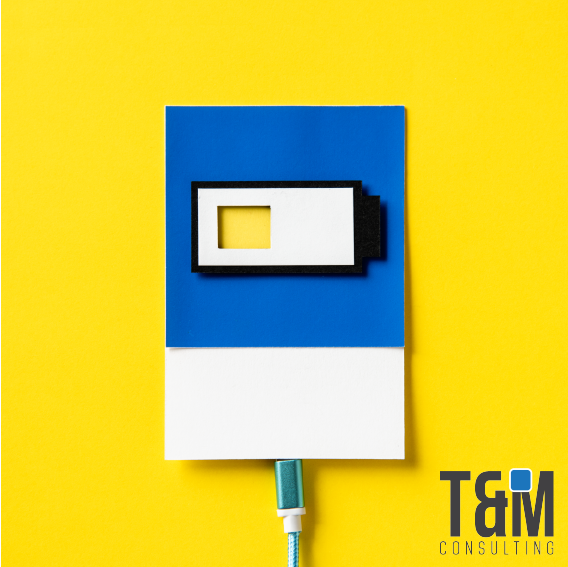Econews
A battery-like device is developed that absorbs CO2 emissions while charging.

A team of researchers from the University of Cambridge has developed a low-cost, coin-sized device made from natural and sustainable materials such as seawater and coconut shells and with battery-like characteristics, capable of capturing carbon dioxide gas while charging.
Technically speaking it is not a battery, it is a supercapacitor of very small size, but it works like a rechargeable battery.
The difference between a battery and the supercapacitor is the way they store the charge. The battery, on the one hand, uses chemical reactions to store and release the charge, the supercapacitor does not rely on any chemical reaction, its operation is based on the movement of electrons and electrodes, which ensures a longer lifetime.
"The trade-off is that supercapacitors can't store as much charge as batteries, but for something like carbon capture we would prioritize durability," commented co-author Grace Mapstone, "The best part is that the materials used to make supercapacitors are cheap and plentiful. The electrodes are made from carbon, which comes from waste coconut shells," she added.
This device does not absorb CO2 spontaneously, for that it must be charging, the process occurs while the negative plate attracts CO2 and ignores other gases such as oxygen and nitrogen, managing to capture carbon and store energy.
"We want to use materials that are inert, that do not harm the environment and that we need to dispose of less frequently. For example, CO2 is dissolved in a water-based electrolyte that is basically seawater," said Mapstone. Which could be a big help when you consider that approximately 35 billion tons of CO2 are released annually.
"The charging and discharging process of our supercapacitor potentially uses less energy than the amine heating process currently used in industry," said Dr. Alexander Forse. "Our next questions will involve investigating the precise CO2 capture mechanisms and improving them. Then it will be a matter of scaling up," stated the head of the research, who is from Cambridge's Department of Chemistry.
Supercapacitors could become an alternative to conventional batteries, in addition to minimizing the carbon footprint we produce daily.
You can read more at the following links:
https://pubs.rsc.org/en/content/articlelanding/2022/nr/d2nr00748g
14 de Junio, 2022





